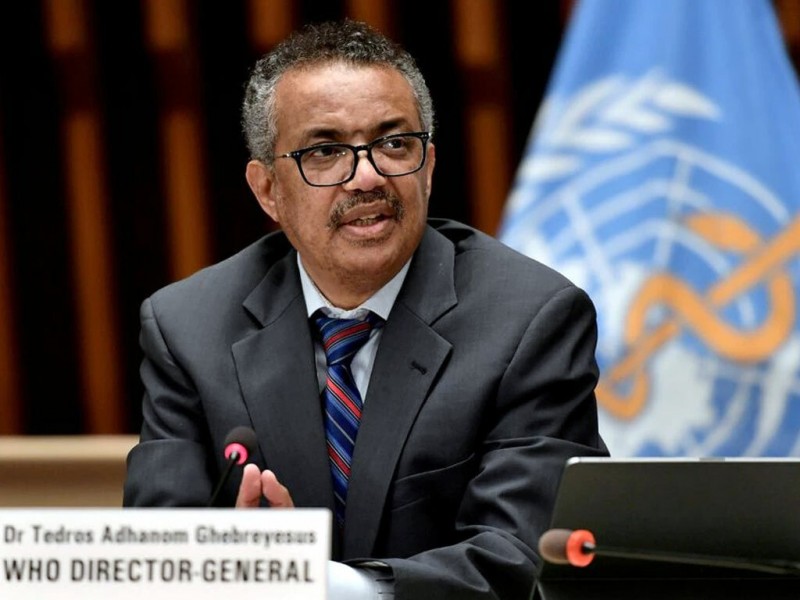
GENEVA: The World Health Organization (WHO) announced in a statement that almost the entire global population, or 99 percent, breaths air that exceeds the WHO's air quality standards.
Despite the fact that a record number of over 6,000 cities in 117 countries currently monitor air quality, people in those places continue to breathe in harmful amounts of fine particles and nitrogen dioxide, with those in low and middle-income nations being exposed the most, according to WHO.
The findings prompted WHO to demand for a reduction in fossil fuel use as well as other specific actions to reduce air pollution levels. "High fossil fuel costs, energy security, and the urgency of addressing the dual health issues of air pollution and climate change highlight the urgent need to move faster toward a world that is considerably less reliant on fossil fuels," said WHO Director-General Tedros Adhanom Ghebreyesus.
According to the statement, particulate matter, particularly PM2.5, can enter deep into the lungs and bloodstream, causing cardiovascular, cerebrovascular, and respiratory illnesses, while nitrogen dioxide is linked to respiratory diseases, including asthma. As per WHO more than 13 million people die each year as a result of preventable environmental causes, including seven million people who die as a result of air pollution.
New variant XE of corona knocked, know how much more dangerous than omicron
WHO warns Zika, dengue could trigger next pandemic
WHO warns about Covid-19, explains how the pandemic could spread this year